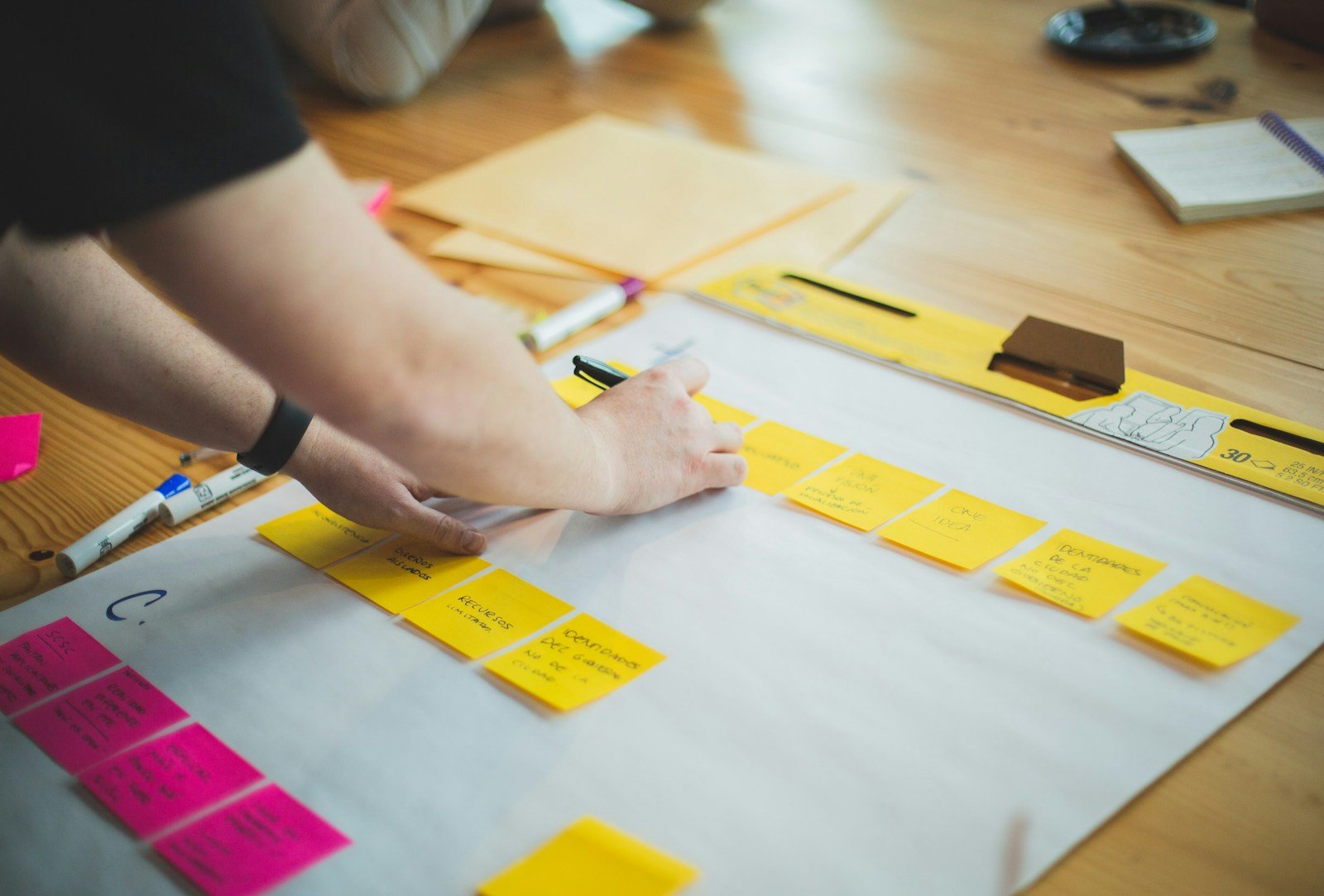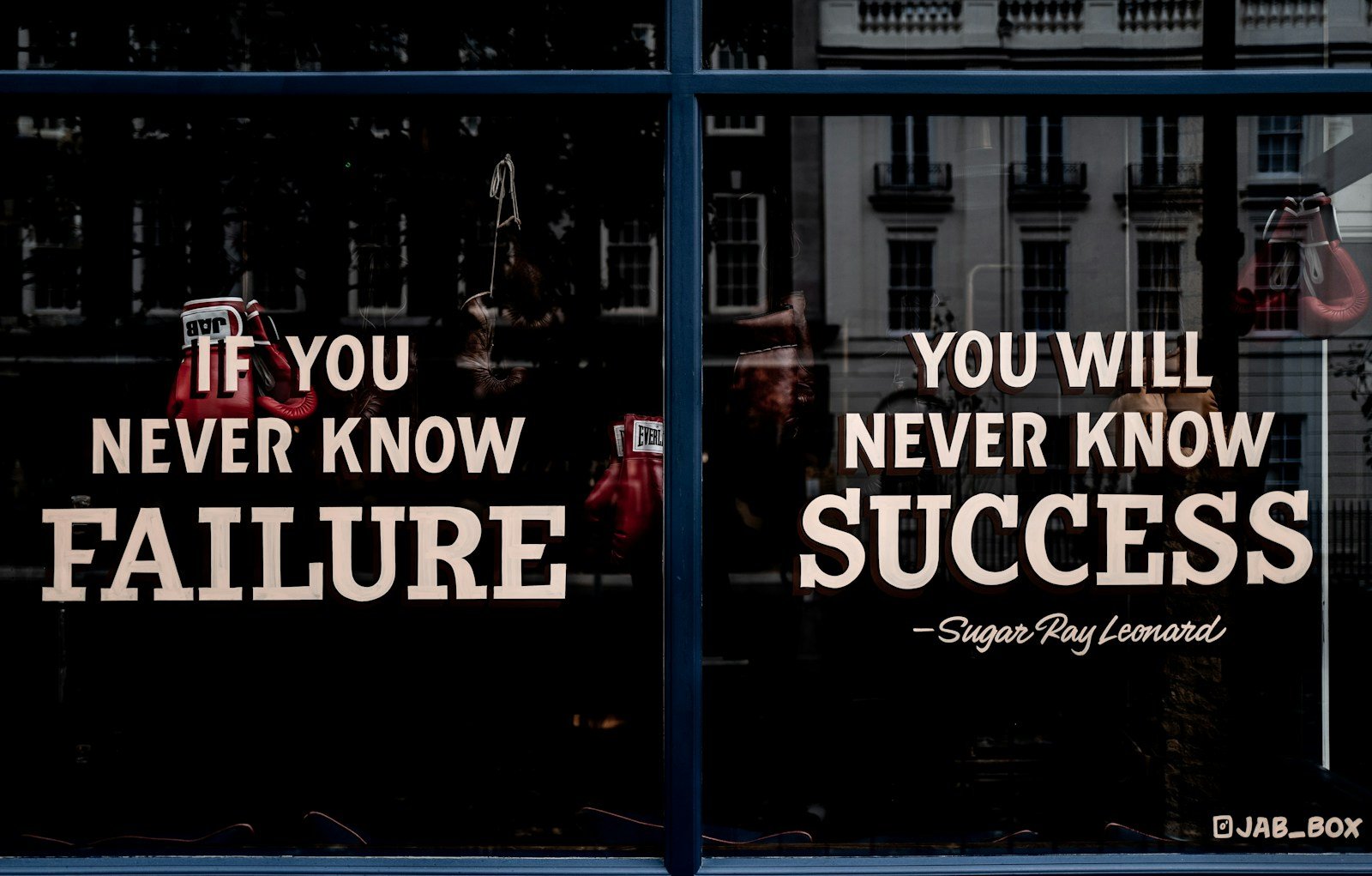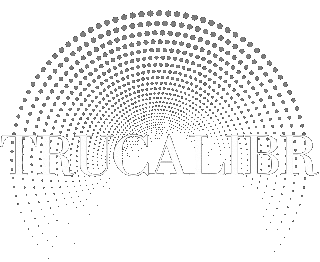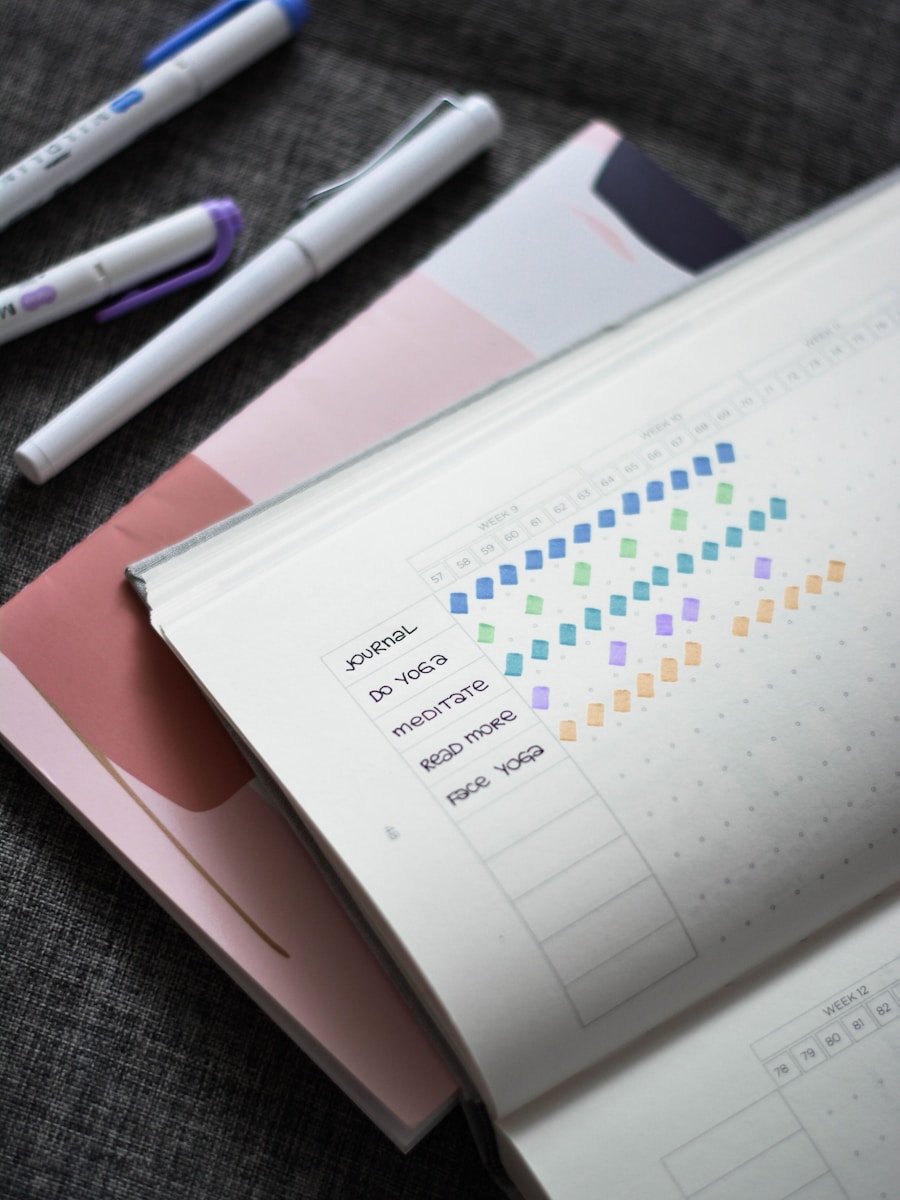Introduction
In the pursuit of success, whether personal or professional, we often encounter setbacks that can challenge our resolve and test our resilience. These obstacles, however, are not insurmountable barriers but rather opportunities for growth and self-discovery. By shifting our perspective and embracing setbacks as temporary hurdles and valuable lessons, we can cultivate a mindset of resilience and unlock our true potential.
The ability to view setbacks in a positive light is a critical skill that can profoundly impact our lives. Research by the American Psychological Association has shown that individuals with a growth mindset – the belief that abilities can be developed through dedication and hard work – are more likely to embrace challenges, persist in the face of setbacks, and achieve greater success [https://www.apa.org/topics/mind-growth].
Furthermore, a study published in the Journal of Personality and Social Psychology found that individuals who viewed setbacks as opportunities for learning and growth reported higher levels of life satisfaction and well-being compared to those who perceived setbacks as threats [https://pubmed.ncbi.nlm.nih.gov/23506468/].
Key Points to Cover
- Reframing Setbacks: From Obstacles to Opportunities
- The Power of Resilience and Perseverance
- Embracing Failure as a Catalyst for Growth
- Cultivating a Growth Mindset
- Practical Strategies for Transforming Your Perspective

1. Reframing Setbacks: From Obstacles to Opportunities
The first step in transforming our perspective on setbacks is to reframe them as opportunities rather than insurmountable obstacles. When we encounter a setback, it’s natural to feel disappointment, frustration, or even a sense of failure. However, by shifting our mindset, we can view these challenges as valuable lessons that can propel us forward.
Instead of dwelling on the negative aspects of a setback, focus on the potential for growth and learning. Ask yourself, “What can I learn from this experience?” and “How can I use this as a stepping stone to improve and overcome future challenges?” By reframing setbacks in this way, we open ourselves up to new possibilities and empower ourselves to take action.
2. The Power of Resilience and Perseverance
Resilience and perseverance are essential qualities that enable us to bounce back from setbacks and continue striving toward our goals. When faced with adversity, resilient individuals possess the ability to adapt, learn, and grow from their experiences, rather than becoming discouraged or overwhelmed.
Research by the American Psychological Association has shown that resilient individuals are more likely to experience positive emotions, cope effectively with stress, and maintain a sense of purpose and meaning in their lives [https://www.apa.org/topics/resilience].
Perseverance, on the other hand, is the unwavering determination and commitment to continue pursuing our goals, even in the face of obstacles and setbacks. By cultivating perseverance, we develop the mental fortitude to overcome temporary challenges and remain focused on our long-term aspirations.
3. Embracing Failure as a Catalyst for Growth
One of the most significant barriers to transforming our perspective on setbacks is the fear of failure. However, by redefining failure as a natural part of the growth process, we can unlock a powerful catalyst for self-improvement and personal development.
Failure is not a permanent state but rather a temporary setback that provides valuable insights and opportunities for learning. Many successful individuals attribute their achievements to the lessons they learned from their failures and the resilience they developed in overcoming them.
As explored in the book “Failing Forward” by John C. Maxwell, embracing failure as a necessary part of the journey toward success can foster a growth mindset and increase our resilience [https://www.amazon.com/Failing-Forward-Turning-Mistakes-Stepping/dp/0785288570].

4. Cultivating a Growth Mindset
At the core of transforming our perspective on setbacks lies the cultivation of a growth mindset. This concept, popularized by psychologist Carol Dweck, suggests that our abilities and intelligence are not fixed but can be developed through effort, dedication, and a willingness to learn from mistakes.
Individuals with a growth mindset embrace challenges, persist in the face of setbacks, and view failures as opportunities for growth and learning. They understand that success is a journey, not a destination, and that each obstacle or setback is a stepping stone toward personal and professional development.
Research by Dweck and her colleagues has shown that individuals with a growth mindset achieve higher levels of academic and professional success, as well as greater overall well-being and life satisfaction [https://www.mindsetworks.com/science/].
5. Practical Strategies for Transforming Your Perspective
While transforming our perspective on setbacks may initially seem challenging, there are practical strategies we can implement to cultivate a more resilient and growth-oriented mindset:
- Practice Self-Reflection: After experiencing a setback, take time to reflect on what happened, identify potential areas for improvement, and develop a plan for moving forward. This practice can help you extract valuable lessons and insights from the experience.
- Seek Support and Feedback: Surround yourself with a supportive network of individuals who can provide constructive feedback and encouragement. Their perspectives can help you reframe setbacks and identify opportunities for growth.
- Celebrate Small Wins: While pursuing ambitious goals, it’s essential to recognize and celebrate small victories along the way. This practice can help maintain motivation and reinforce the notion that progress is being made, even in the face of temporary setbacks.
- Develop a Growth Mindset Mantra: Create a personal mantra or affirmation that reinforces your commitment to embracing challenges and learning from setbacks. Repeat this mantra during difficult times to stay focused and motivated.
- Practice Gratitude: Cultivate a practice of gratitude by reflecting on the lessons and opportunities that setbacks can provide. This mindset shift can help you reframe challenges as blessings in disguise and maintain a positive outlook.
By implementing these practical strategies, you can gradually transform your perspective and develop a more resilient and growth-oriented mindset, enabling you to view setbacks as temporary obstacles and invaluable lessons on your journey toward personal and professional growth.

Additional Resources and Further Reading
For those seeking to deepen their understanding of transforming perspectives and embracing setbacks, here are some additional resources and recommended readings:
- Book: “Mindset: The New Psychology of Success” by Carol Dweck – A groundbreaking exploration of the concept of growth mindset and its impact on personal and professional success.
- Article: “The Power of Resilience” by the American Psychological Association – An informative article that delves into the importance of resilience and provides strategies for cultivating this valuable trait.
- Website: “MindsetWorks” (https://www.mindsetworks.com/) – A resource dedicated to promoting growth mindset principles and providing educational materials for individuals and organizations.
- Podcast: “The Growth Mindset University Podcast” (https://www.growthmindsetuniversity.com/podcast/) – A podcast that explores the practical applications of growth mindset principles in various aspects of life.
Practical Tips and Actionable Advice
To help you put these insights into practice and transform your perspective on setbacks, here are some practical tips and actionable advice:
- Develop a Gratitude Practice: Start each day by reflecting on three things you are grateful for, regardless of how small or seemingly insignificant they may be. This practice can help cultivate a positive mindset and remind you of the abundance in your life, even during challenging times.
- Reframe Setbacks through Journaling: When faced with a setback or obstacle, take time to journal about the experience. Reflect on what you learned, what you could have done differently, and how you can use this experience as a stepping stone toward growth and improvement.
- Seek Inspiration from Others: Identify individuals who have overcome significant setbacks or challenges and study their stories. Learn from their resilience, perseverance, and growth mindset. This can provide motivation and inspiration to embrace your own setbacks as opportunities for growth.
- Celebrate Small Victories: Make a conscious effort to acknowledge and celebrate small wins and progress along your journey. This can help maintain motivation and reinforce the notion that setbacks are temporary and that progress is being made.
- Surround Yourself with a Supportive Network: Cultivate relationships with individuals who embody a growth mindset and are committed to personal and professional development. Their support, feedback, and encouragement can be invaluable in helping you reframe setbacks and maintain a positive perspective.
- Practice Self-Compassion: Be kind and compassionate with yourself when facing setbacks or challenges. Recognize that setbacks are a natural part of the growth process, and avoid self-criticism or negative self-talk. Instead, focus on learning and moving forward with renewed determination.
By implementing these practical tips and actionable advice, you can gradually transform your perspective on setbacks, embrace them as valuable lessons, and cultivate a mindset of resilience and growth that will serve you well in all aspects of your life.
Conclusion
Setbacks and obstacles are inevitable on the path to personal and professional growth. However, by transforming our perspective and embracing these challenges as temporary hurdles and invaluable lessons, we can unlock our true potential and achieve greater success and fulfillment.
Throughout this article, we have explored the power of reframing setbacks as opportunities, cultivating resilience and perseverance, embracing failure as a catalyst for growth, and developing a growth mindset. We have also provided practical strategies and actionable advice to help you implement these principles in your own life.
Remember, setbacks are not insurmountable barriers but rather opportunities for growth and self-discovery. By adopting a growth mindset and committing to continuous learning and improvement, you can transform challenges into stepping stones toward personal and professional excellence.
As you embark on this journey of transformation, embrace setbacks with a spirit of curiosity and an eagerness to learn. Celebrate small victories, seek inspiration from others, and surround yourself with a supportive network that reinforces your commitment to growth and resilience.
Ultimately, the ability to view setbacks as temporary obstacles and invaluable lessons is a powerful mindset that will serve you well in all aspects of your life. Embrace this perspective, and you will unlock a world of possibilities, empowering you to overcome any challenge that comes your way and achieve the success and fulfillment you truly deserve.







